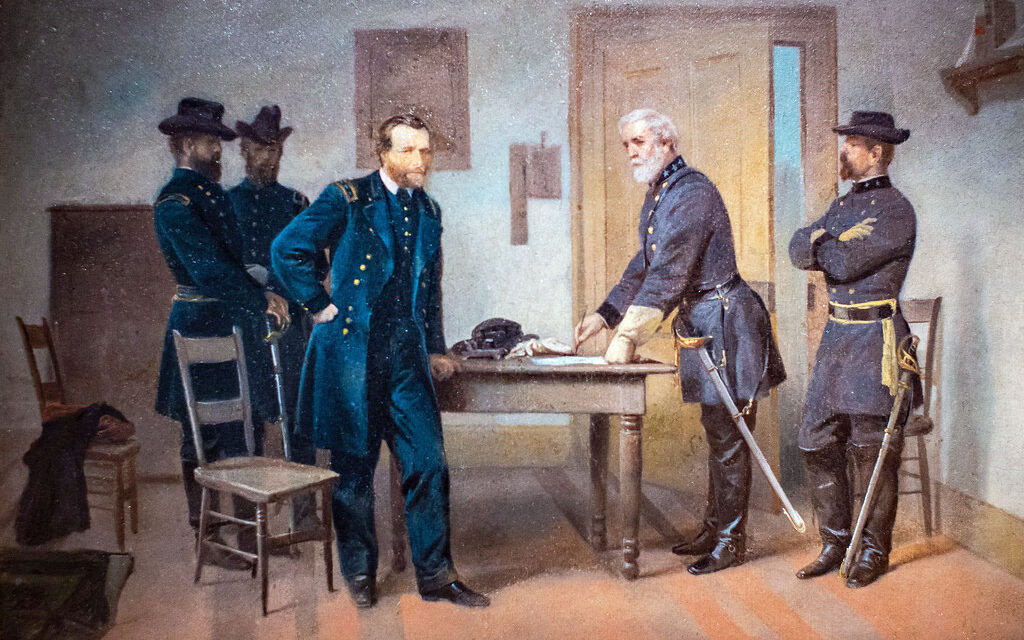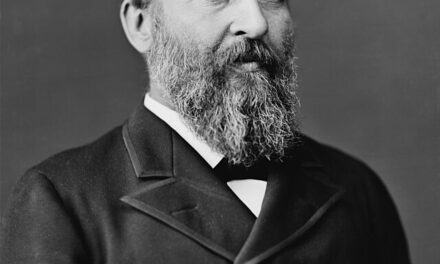CLEVELAND HISTORY
Establishment of Cleveland Clinic (April 7, 1921): The Cleveland Clinic was founded on this date, marking the inception of one of the largest and most respected hospitals in the United States. Known for its outstanding patient care and medical innovation, Cleveland Clinic has grown to become a global leader in healthcare.
Opening of the West Side Market (April 8, 1912): Cleveland’s oldest publicly owned market opened its doors, offering a diverse range of fresh food from local farmers and artisans. The West Side Market has since become a beloved institution in Cleveland, celebrated for its vibrant community atmosphere and contribution to local food culture.
First Electric Streetcar in Cleveland (April 9, 1884): Cleveland introduced its first electric streetcar, revolutionizing public transportation in the city. This development enhanced mobility for residents, contributing significantly to urban growth and the expansion of the city’s neighborhoods.
Dedication of the Rock and Roll Hall of Fame (April 11, 1997): The Rock and Roll Hall of Fame, located on the shores of Lake Erie in downtown Cleveland, was dedicated on this date. The museum celebrates the history and cultural significance of rock music and its impact on society.
Cleveland Indians’ First Game at Progressive Field (April 12, 1994): The Cleveland Indians played their first baseball game at Progressive Field (initially known as Jacobs Field), marking a new era for the team and its fans. The state-of-the-art ballpark has been a centerpiece of Cleveland’s sports culture.
WORLD HISTORY
Establishment of the World Health Organization (WHO) (April 7, 1948): The World Health Organization was established on this date as a specialized agency of the United Nations, tasked with directing and coordinating international health efforts. The WHO’s mission is to promote health, keep the world safe, and serve the vulnerable. It has played a critical role in eradicating diseases like smallpox and managing global health crises, including recent pandemics.
Birth of Gautama Buddha (April 8, 563 BC): Gautama Buddha, also known as Siddhartha Gautama, was born in what is now modern-day Nepal. He founded Buddhism after achieving enlightenment under the Bodhi tree, where he realized the nature of suffering, its causes, and the steps necessary for its cessation, outlined in the Four Noble Truths and the Eightfold Path. Buddha’s teachings have deeply influenced spiritual, philosophical, and ethical views across Asia and globally.
Surrender at Appomattox (April 9, 1865): General Robert E. Lee of the Confederate Army surrendered to Union General Ulysses S. Grant at Appomattox Court House, Virginia, effectively ending the American Civil War. This surrender marked the beginning of the process of Reconstruction and reunification of the United States, although many challenges remained in the post-war era.
First Human in Space (April 12, 1961): Yuri Gagarin, a Soviet cosmonaut, became the first human to travel into space and orbit the Earth aboard the spacecraft Vostok 1. His historic 108-minute orbital flight was celebrated as a major achievement in the space race, significantly boosting the Soviet Union’s prestige and accelerating space exploration efforts worldwide.
Apollo 13 Accident (April 13, 1970): The Apollo 13 spacecraft, part of America’s third moon-landing mission, suffered a catastrophic service module failure caused by an explosion of an oxygen tank. Despite severe challenges, the crew—Jim Lovell, Jack Swigert, and Fred Haise—worked with NASA’s mission control in Houston to safely return to Earth. The mission is often cited as an exemplary case of problem-solving, teamwork, and crisis management under extreme pressure.






